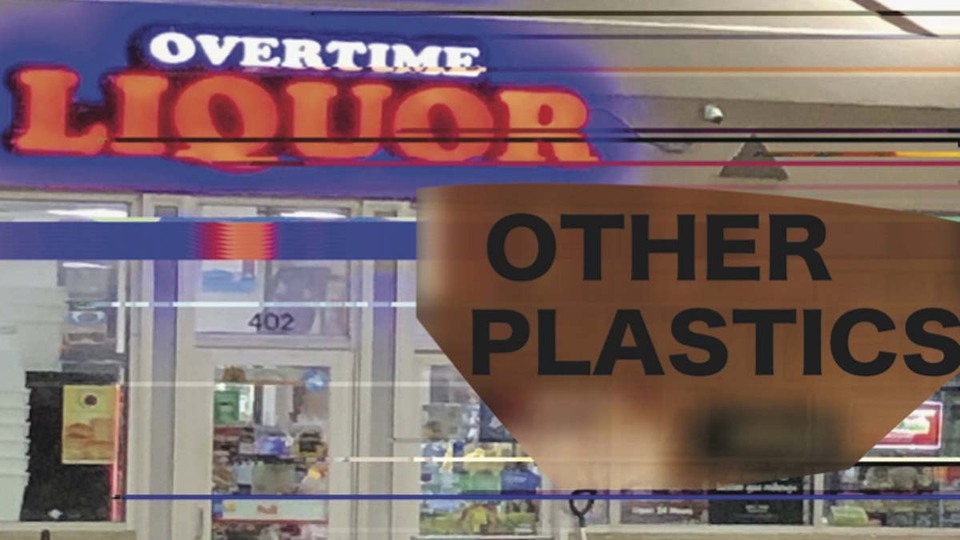
Other Plastics
Other Plastics – the collaborative duo project of electroacoustic composers Hunter Brown and Dominic Coles – maps the physical infrastructure and the hidden timing data of the internet onto a performance improvised using a layered feedback system. Using field recordings of server farms in Chicago and packet timing data transcribed into jittery rhythms, the duo seeks to intervene in linear time, interrupting our daily schedules and the effects of advanced capitalism on the rhythms of the human body.
Other Plastics
Your routine each weekend morning looks the same – you wash your face, put the blinds up, and turn on your computer. Over coffee you scan the morning news on three different sites. You’ll navigate to your preferred social media account to see how your friends are spending their mornings – you’re already logged in.
Outside your window you notice the same set of faces from the previous morning, performing a similar ritual on their handheld devices. Each person you see navigates this digital space in their own rhythm. There is also a rhythm internal to the device itself – a periodic stream of voltages and impulses allows for the computer’s internal functioning. Meanwhile, the data you generated on those sites is shuttled periodically to proprietary servers for processing and labeling. This process follows an exact rhythm, repeated each day. You suddenly notice that the light is beginning to change; you realize the day will soon be over. You start thinking about Monday—you’re dreading going back to work.
The rhythmic activities described above are constituted by rhythms and cycles that Henri Lefebvre would understand as examples of “linear time,” insofar as they are rhythms created by cyclical human behaviors. Lefebvre developed the field of Rhythmanalysis as a way of tracing the effects of advanced capitalism on the everyday and specifically on the natural rhythms of the human body. Lefebvre argues that contemporary forms of power manipulate and determine the rhythm of the everyday, transforming unnatural and oppressive cycles of work, production, and sanctioned rest into accepted rites and rituals. He writes that, “Humans break themselves in. One breaks-in another human being by making them repeat a certain act, a certain gesture or movement… One presents them with the same situation, prepares them to encounter the same state of things and people. Repetition… is ritualized.” In our ability to track and analyze these rhythms, Lefebvre proposes rhythmic interventions that seek to disrupt and recalibrate our embodied experience of time.
Our performance at Indexical will hear these engagements with the digital space of the Internet, its streams of data and information, and the interfaces through which users access it as maps conveying cycles of work and production. Other Plastics will use these maps as musical cues, sounding the cycles of work, production, and leisure as they manifest in the digital space. These maps will be rendered as both abstract electronic sonifications, tangible field-recordings, and through free improvisation. Our performance will act as one form of intervention that will offer alternative rhythmic cycles. Through various scored and improvised strategies we will work to recalibrate the rhythms that manifest in the digital space of the Internet, centering rhythmic modes which exist outside of the sanctioned cycles of production while attempting to destabilize the extractive logics that structure this space.
COVID-19
COVID-19: Proof of vaccination is required for all attendees, and masks must be worn in the space. Please bring a CDC vaccination card, a photo of a card, or a California SMART Health QR code.
Link here: https://myvaccinerecord.cdph.ca.gov/
